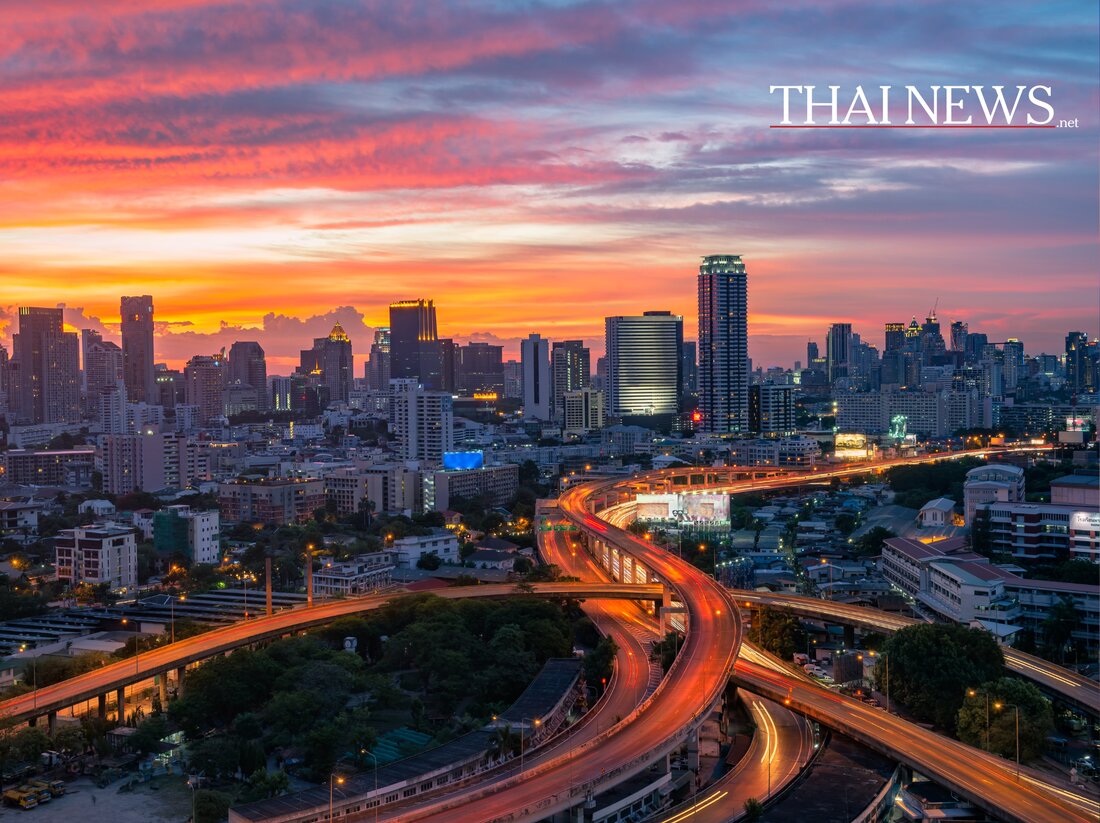Cambodia cancels IPU meeting in Geneva at short notice – tensions grow!
Thailand and Cambodia: Meeting of parliamentary delegations in Geneva postponed. Tensions and border conflicts on the rise.

Cambodia cancels IPU meeting in Geneva at short notice – tensions grow!
In an unexpected twist, Cambodian delegates have decided to indefinitely postpone today's bilateral meeting with Thailand. One may wonder what is behind this quick decision. According to Nation Thailand, the Cambodian side informed the Thai representatives less than an hour before the scheduled start of the meeting, which was to be held as part of the 151st Inter-Parliamentary Union (IPU) in Geneva. No clear reasons for the postponement were given, which makes the situation even more mysterious.
The meeting, where the Thai delegation will be led by National Assembly President Wan Muhamad Noor Matha, was scheduled to take place at 2:30 p.m. local time at the Geneva International Conference Center. On the other hand, the Cambodian delegation is led by Ouch Borith, Second Vice President of the Senate. This meeting was originally set up by Cambodia following concerns about negative portrayals in Thai media. IPU General Secretary Martin Chungong offered to organize a round of talks between the two sides to clear up misunderstandings and strengthen cooperation.
Historical tensions between Cambodia and Thailand
Relations between Cambodia and Thailand are characterized by a long and checkered history. Bilateral contacts have existed since the 13th century and originated during the Angkor era. But there were also complex conflicts in modern history. Wikipedia reports that diplomatic relations were not established until December 19, 1950, after the end of French colonial rule. However, unregulated border demarcations led to constant conflict, particularly around the Preah Vihear temple, and there were military clashes in both 2008 and 2011.
The heated arguments continued to the present day. In July 2025, violent conflict broke out along the disputed border, leaving over 30 people dead and more than 270,000 displaced from their homes. Such developments show that despite official diplomatic relations between the two countries, there are deep-seated tensions that can always erupt.
Current conflicts and military escalations
In view of the renewed tensions since May 2025, it would probably be time to take a closer look at the situation. According to DW, the military clashes are described as the worst since 2011. Both sides accuse each other of opening fire and, according to reports from Thai authorities, there have already been “more than 20 dead,” mostly civilian casualties. Cambodia has also not released official figures, which only adds to the uncertainty.
The military tensions have led to a massive influx of refugees, with over 100,000 people fleeing Thailand's border regions. Thai Prime Minister Phumtham Wechayachai reported numerous casualties and a tense situation, while Cambodian Prime Minister Hun Manet has stressed that his country strives for peace but must also be prepared to respond to violence.
In a diplomatic move, Thailand has increased its military presence on the border and withdrawn its ambassador from Cambodia. Such measures add to concerns about a possible further escalation of conflict in the region, with political analysts skeptical about the prospects for a peaceful solution.
The question remains for the citizens of both countries: What happens next? Governments face the challenge of finding a diplomatic way to ease tensions and restore trust. It remains to be hoped that the coming days will bring a positive turnaround and a de-escalation can occur.

 Suche
Suche
 Mein Konto
Mein Konto
